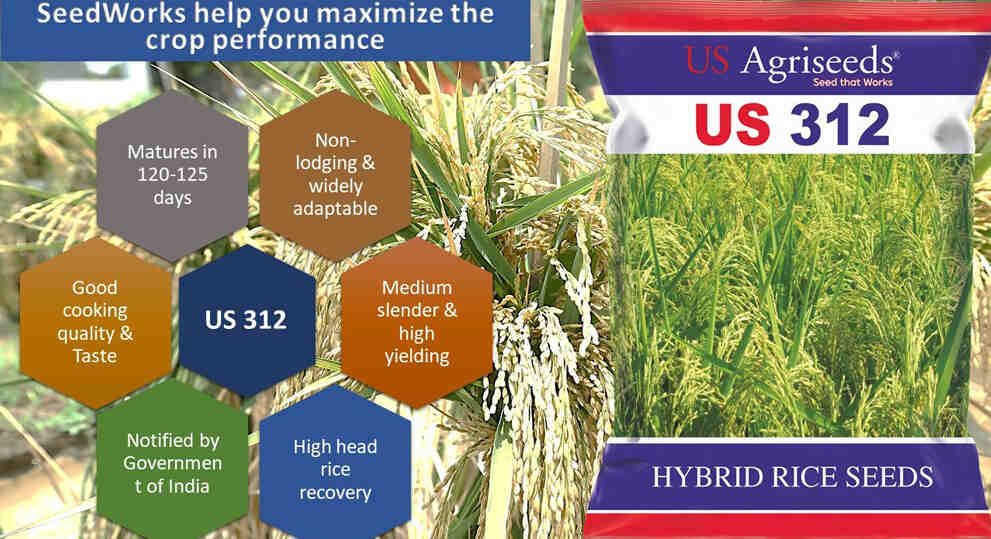Pearl millet, also known as bajra, is a vital staple crop in many parts of the world, particularly in arid and semi-arid regions. As global agricultural landscapes shift due to climate change and evolving market demands, pearl millet seed companies face a complex array of challenges and opportunities. This blog explores these dynamics, focusing on how pearl millet seed manufacturing company can navigate the current market to thrive and contribute to global food security.
The Growing Demand for Pearl Millet
Pearl millet is gaining increased attention due to its resilience to drought and its nutritional benefits. Rich in protein, fiber, and essential minerals, pearl millet is becoming a preferred choice for health-conscious consumers and farmers in regions prone to water scarcity. The growing demand for this hardy grain presents a significant opportunity for pearl millet seed companies to expand their market share and influence.
Climate Change and Its Impact
Climate change poses both challenges and opportunities for pearl millet seed manufacturers. On the one hand, rising temperatures and unpredictable weather patterns can adversely affect crop yields and seed quality. On the other hand, pearl millet’s inherent drought resistance makes it a valuable crop in the face of changing climate conditions. Seed companies must invest in research and development to enhance the resilience of their varieties and adapt to evolving environmental conditions.
Advances in Seed Technology
Technological advancements in seed breeding and production offer pearl millet seed companies new opportunities for innovation. Modern breeding techniques, including genetic modification and marker-assisted selection, can improve seed quality, yield, and disease resistance. By embracing these technologies, seed companies can develop superior pearl millet varieties that meet the needs of farmers and consumers alike.
Market Competition and Consolidation
The pearl millet seed market is becoming increasingly competitive, with both established players and new entrants vying for market share. This competition is driving innovation and efficiency but also poses challenges for smaller seed companies. Strategic partnerships, mergers, and acquisitions can provide opportunities for growth and consolidation, allowing companies to leverage resources and expertise to stay competitive.
Regulatory and Compliance Issues
Navigating regulatory frameworks and compliance requirements is a critical challenge for pearl millet seed companies. Regulations concerning seed quality, genetic modification, and environmental impact vary across regions and countries. Seed companies must stay abreast of these regulations and ensure compliance to avoid legal issues and maintain market access.
Access to Funding and Investment
Securing funding and investment is essential for pearl millet seed manufacturing companies to support research, development, and expansion efforts. Investors are increasingly interested in companies that demonstrate potential for growth and innovation in the agricultural sector. Seed companies must effectively communicate their value propositions and long-term strategies to attract investment and secure the necessary resources for success.
Sustainable Practices and Environmental Impact
Sustainability is becoming a critical focus for agricultural industries, including pearl millet seed companies. Implementing environmentally friendly practices, such as reducing water usage, minimizing chemical inputs, and promoting soil health, can enhance a company's reputation and appeal to environmentally conscious consumers. By adopting sustainable practices, seed companies can contribute to the broader goal of environmental stewardship while ensuring the long-term viability of pearl millet cultivation.
Collaboration with Farmers and Researchers
Collaboration between pearl millet seed companies, farmers, and researchers is essential for addressing the challenges and leveraging opportunities in the market. Engaging with farmers to understand their needs and incorporating their feedback into seed development can lead to more successful products and better market adoption. Additionally, partnering with research institutions can drive innovation and facilitate the development of cutting-edge seed technologies.
Future Outlook for Pearl Millet Seed Companies
The future of pearl millet seed companies looks promising, with opportunities for growth driven by increasing demand, technological advancements, and a focus on sustainability. However, companies must navigate challenges such as climate change, market competition, and regulatory issues. By staying agile, investing in innovation, and fostering collaborative relationships, pearl millet seed companies can position themselves for success in the evolving agricultural landscape.
Conclusion
Pearl millet seed manufacturing companies are at a pivotal moment in the industry, facing a dynamic mix of challenges and opportunities. As the demand for resilient and nutritious crops grows, companies that can adapt to changing conditions, leverage technological advancements, and engage in sustainable practices will thrive. By addressing these factors proactively, pearl millet seed companies can play a crucial role in ensuring food security and promoting agricultural sustainability for the future.






Comments